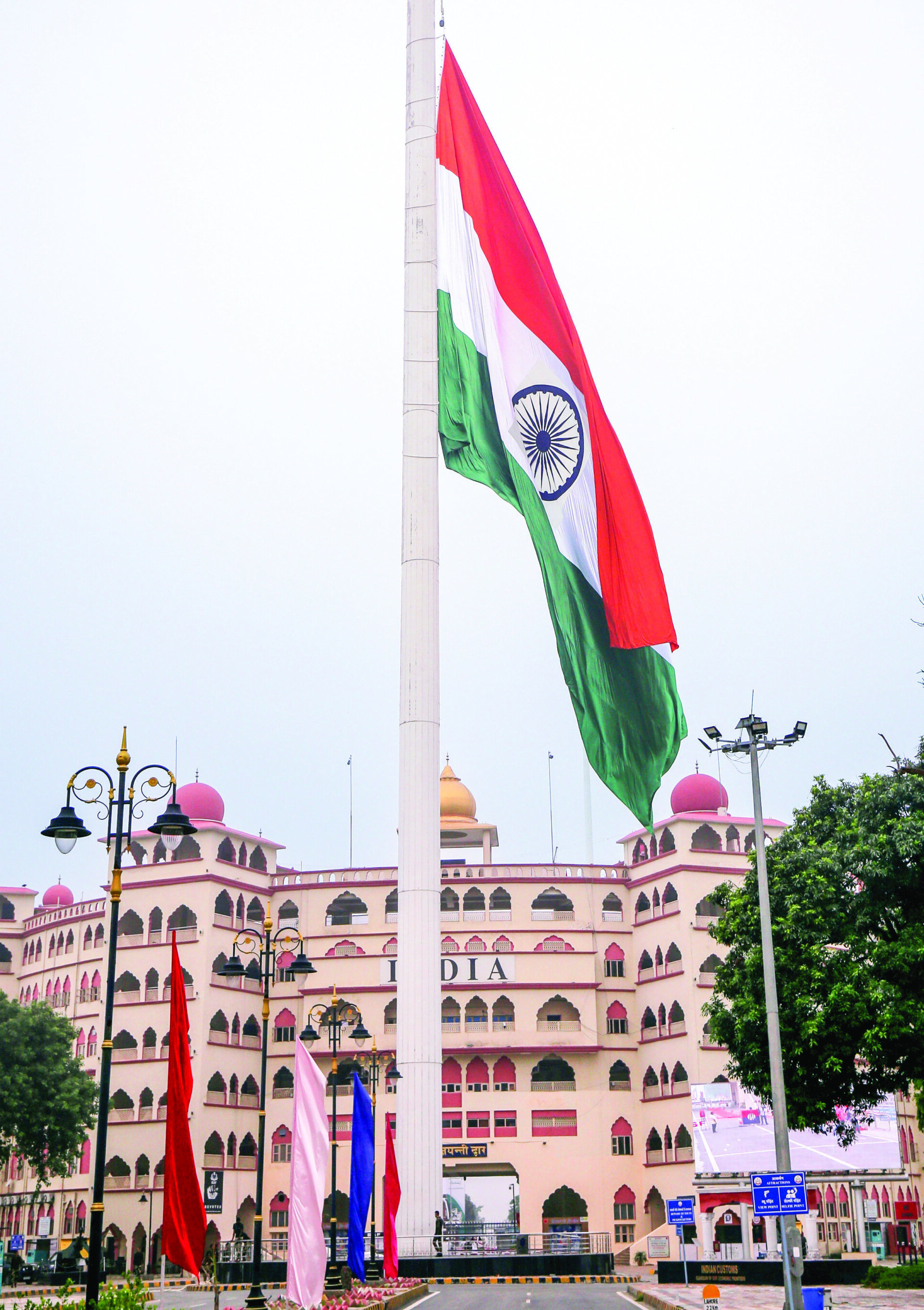Our national narrative must break free from fault lines that shackle us to mediocrity and perpetual victimhood.
The year 2024 ended with a social media maelstrom, where a factional fight among the Donald Trump supporters resulted in anti-India posts, replete with stereotypes and outright racist rants. Be it the US or the Maldives, it is becoming a global social media trend to “defecate” on India’s image, based on outdated perceptions and reductive narratives. Yet, as frustrating as this unwarranted hatred is, if it can serve as a wake-up call for Indians and ignite a collective drive to excel, innovate, and prove the critics wrong, then perhaps this external negativity will have an inadvertently positive contribution.
From the Green Revolution and the nuclear programme to the successes of the IT and pharma sectors and ISRO’s phenomenal achievements, India has demonstrated impressive capability over the decades. The barriers of the past—scarcity of capital or institutional bottlenecks—no longer hinder progress to a considerable extent. With access to greater resources and a conducive environment, there is no reason why India cannot lead in traditional manufacturing, as well as new frontiers in green technology and space exploration. So then, why are we not stepping up as people to seize the moment? The most fundamental reason is the failure to feel personally invested in the India story, combined with a deadly mix of collective inertia, complacency, and an unhealthy tendency to fall back on divisiveness.
Our national narrative must break free from fault lines that shackle us to mediocrity and perpetual victimhood, preventing us from realising our true potential. The focus must shift towards a culture of ambition, merit, quality, excellence, innovation, and success, and an atmosphere where every citizen feels part of a larger journey. It should effectively address the perennial question on Indian minds, “what’s in it for me?” so that people truly understand their interests as stakeholders. We need to talk more about individual ownership of the nation’s progress and embrace “atma nirbharta” as a personal commitment, rather than solely relying on State-driven solutions. Even something as simple as following civic responsibility makes a significant contribution to the nation. Our actions should speak for themselves—whether in the cleanliness of our streets, the integrity of our elections reflected in vote for governance and development issues, or the innovation in our industries.
As people, we need to unify behind a common purpose of India’s growth. This is not just about becoming the third largest economy or achieving a developed nation status—it is about promoting a mindset of excellence, where we stop settling for “good enough” and instead push ourselves to lead in every field, from science and technology to business and the arts. We need to create a society where success is no longer seen as the exception but the expectation. The most primary condition to achieve it is to shed addiction to divisiveness and think as Indians, whose individual and collective efforts have the ability to propel India’s rise on a global stage.
While transformation of mindsets is a slow process, we cannot keep postponing the shifting of national narrative for narrow political or personal interests. The anti-India rhetoric shows us time and again that, despite our internal divisions, the world sees us as one—Indians. If we can readily rally around perceived or real insults to religion, caste, or language, an insult to India should unite us as well, inspiring us to rise above our divisions and inertia.
This is not to downplay the government’s role in creating a supportive environment for growth—ease of business, empowerment of citizens, and internal peace. However, the path to India’s greatness cannot be paved solely by government or government-led initiatives; it must equally be driven by the spirit and resolve of its people. For too long, we have avoided our responsibilities as citizens. That needs to change. Political parties will not fuel divisiveness if people reject it. They will stop offering cash transfers and freebies if voters stop selling their votes. India would not still face open defecation or littering, despite monumental efforts under the Swachh Bharat mission, if we had treated our country as our home. No power would succeed in fomenting trouble if we were not easily swayed by misinformation and disinformation. Our institutions or wealth creators would not have been the target of constant attacks if we had not celebrated such attacks based on our political leanings. Break India forces would not have gained traction if it were not for our religion or region-based support. It is about time we, the people, take a hard look in the mirror.
India’s potential has always been evident; what has been missing is the sustained determination to realise it. Let this New Year be the turning point, bringing Indians together with a shared vision of progress. Let us, as Indians, step up to meet both the challenges and the opportunities, and weave the “Indian Dream” into the very fabric of the 21st century. Happy 2025.
* Semu Bhatt is a strategic adviser, author, and founder of FuturisIndia.

